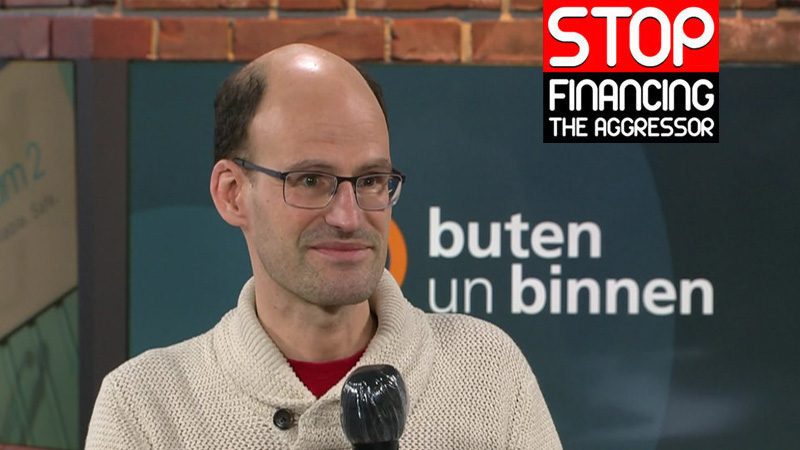No one can predict the decisions of a small group of political leaders. This is all the more true when they isolate themselves from alternative sources of information and advice and, as suggested by their arrogant and aggressive communication style, are convinced of their own superiority and mission.
Russia has lied repeatedly since 2014 about deploying its own army in Ukraine and now shows complete contempt for the rules of international law in statements as well as actions. Expecting a consensual negotiated solution in such a situation is naïve.
If the shifting of state borders through unprovoked war and the indiscriminate destruction of civilian targets are not to again become the continuation of politics by other means, then the price for this strategy must now be raised as dramatically and as quickly as possible. The greater the economic pressure through sanctions and perhaps also the moral pressure through proscription, the greater the chance that there will be opposition to the war in various quarters in Russia. The quicker the pressure is applied, the smaller Russia’s possibilities of cushioning it or gradually adapting.
Prof. Dr. Heiko Pleines is head of the Dept. of Politics and Economics at the Research Centre for East European Studies and Professor of Comparative Politics at the University of Bremen.



